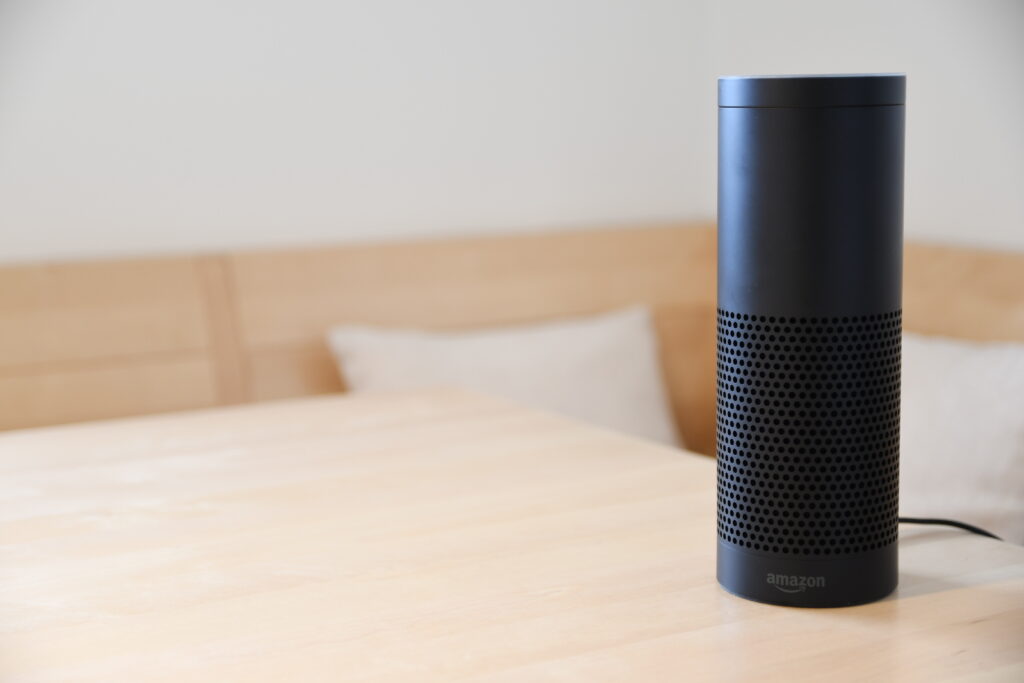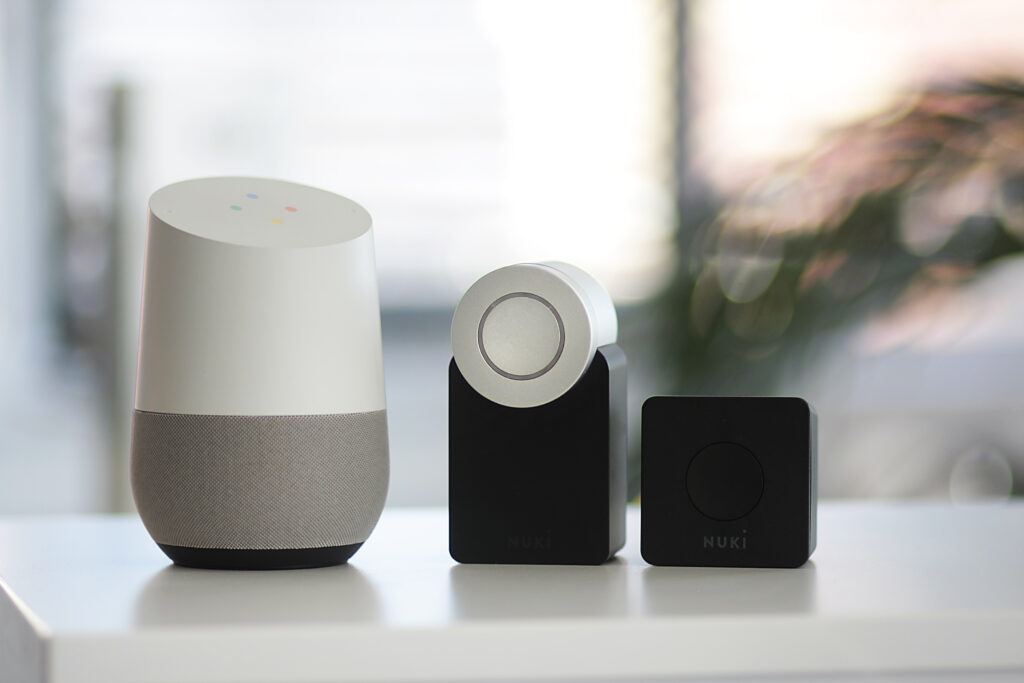Amazon Echo vs Google Home, What to Choose?

The concept of having a “connected home” can seem like it’s straight out of a science fiction movie, but this is playing out in real life right before our eyes. Today’s modern home is connected by smart appliances and electronics which make daily life easier and more convenient. It’s rapidly becoming the norm, and in fact, the global smart home market is likely to be worth $78.3 billion by the end of 2020 and $135.3 billion by 2025. Lets check about amazon echo vs google home.
Start equipping your home with more smart devices and begin turning it into a home of the future. It’s best, to start with, the most widely-used and popular home electronics that help make this growth possible: smart home devices like the Amazon Echo and Google Home smart speakers. They’re not just your average speakers, and they can be synced with the other smart devices in your home, allowing you to do things like adjusting the room temperature and lock your doors through voice commands. But both of these devices have their pros and cons. So, let’s try to help you figure out which one is right for you.
Table of Contents
Amazon Echo vs Google Home – Design
The Amazon Echo first came out in 2014 and has undergone several redesigns. The latest model is a six-inch-high cylinder, with neutral-toned removable fabric and wood covers that you can customize to fit the aesthetic of your home. You can find the controls on top of the Echo. There are two buttons: one to turn the microphone off, and a multipurpose Action button. The Action button allows you to perform a range of things including talking to Alexa, accessing Siri or Google Assistant, answering and dropping phone calls, calling your top contact, and powering off the Echo. The top of the Echo also has a volume ring that lights up when Alexa is activated.
Google Home stands at 5.6 inches tall and 3.8 inches in diameter. The home’s design is inspired by candles and wine glasses, giving it an inclined top made of smooth, hard plastic that lights up with LEDs in four colours. The top also has a touch interface that enables you to control the music, change volume, and activate Google Assistant. And on the back is a mute button. The home comes in white, and also has swappable fabric and metal bases in seven different bold colours.
Both designs follow a cylindrical silhouette and have adjustable bases. It comes down to whether you choose Amazon’s more neutral palette and woods or Google’s bold colours and metal.
Amazon Echo vs Google Home – Sound

Both devices support many streaming platforms like Spotify, TuneIn, and iHeartRadio. Additionally, Google Home supports Google Play Music and YouTube Music, while Amazon Echo supports Amazon Music. Google also lets you upload your music library to the cloud, a feature that’s perfect for people who have music collections that may not be on primary streaming services.
The Echo and the Home can both be used as Bluetooth speakers, and support multi-room audio. When it comes to sound quality, Google Home has a more prosperous and fuller sound than Amazon Echo does, even if it doesn’t get as loud. The Echo is louder by 3-4dB at maximum volume. However, it struggles to deliver the same sound quality as the home does. The Echo does come with a 3.5mm out jack that lets you connect it to a more powerful speaker, while the Google Home does not.
If sound quality remains a top priority for you, we suggest going for Google Home—unless you plan on hooking up your Echo to a more powerful speaker via the 3.5mm jack.
Amazon Echo vs Google Home – Personal Assistants
Amazon Alexa and Google Assistant have both developed into excellent voice assistants. Since Amazon has a wide range of smart products, Alexa lets you connect to more devices. Alexa is also more customizable as long as you stick to its specific syntax. If you learn and memorize Alexa’s phrases, then this won’t be much of a problem.
On the other hand, Google Assistant can utilize your Google cloud, letting you play the music that you’ve uploaded. Google Assistant is also easier to use, even without much configuration. And it doesn’t require much memorization of specific syntax either. You can follow “Hey Google!” with different combinations of commands, and Google will most likely give you a good response.
The choice in voice assistant is up to your preference. They’re equally as responsive and helpful. You have to decide which one you’re more comfortable using—customizable commands through specific syntax or basic, simple controls.
Amazon Echo vs Google Home – Ecosystem

It’s important to know that it’s almost impossible to combine ecosystems, so when you decide on one, it’s easier to stick to it.
The Amazon ecosystem currently has a broader range of smart devices, and Alexa can be used in several devices now, too. Products with the “Works with Amazon Alexa” label are sprouting up in the market, meaning you can control those devices using your voice from any other Alexa device—including your Amazon Echo. Amazon Echo is an excellent choice for someone whose home already has an existing network of Alexa devices.
While Google doesn’t offer much in the way of smart home device range, it makes up for the deficit by having most Android phones run with Google Assistant by default, which is a reach that Alexa can’t match.
Amazon Echo vs Google Home – Cost
The two-speaker platforms come with several models so that there’s something for every budget. The Amazon Echo has a more varied lineup of smart speakers which hit both the more affordable and expensive price points when you compare both brands. The lower-end Echo Dot starts at about $50, while the more premium Echo Studio hits the top of the price range at $179. Google sits on the middle of the spectrum with the Google Home speaker priced at $129.
Amazon Echo vs Google Home – Which is the superior speaker?
Each one has its strengths and weaknesses, but they’re barely significant enough for us to deem one more superior than the other.
Since both speakers aim at being part of your smart device lineup for the connected home, we suggest that you take stock of your existing electronics and appliances and find out which speaker can be easier integrated into your home system. The Echo and the Home fall in the same price bracket and both deliver what you’d need from a smart speaker. Ultimately, it sores down to which one is more compatible with you and your home.
Choosing the right smart devices is an exciting step toward making your home more connected and ready for the future, where technology is king. Check out our write-ups on technology!
Author bio:
Danny Jones is a tech reviewer and enthusiast who enjoys trying out all the newest technologies on the market, as well as revisiting vintage ones. He currently lives in Philadelphia where he’s a full-time parent to his two rescue pups.





